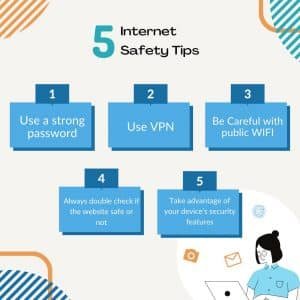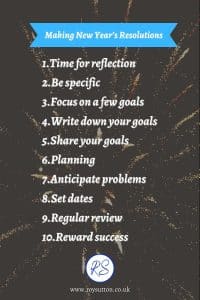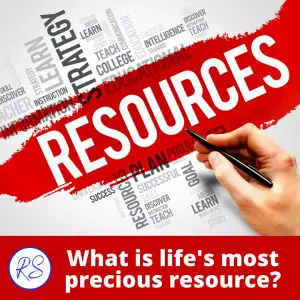
So, without further ado, here are 30 sarcasm examples that you can add to your ammunition stockpile. I think they might just make you smile too. They will make you smile too.
Enjoy them all. And please feel free to pass them on.
I’d love to hear from you and I’m sure other readers would too.
Sarcasm examples:
- Are you talking to me or chewing a brick?
- You’ve got a face only a mother could love.
- You’re about as pleasant as colonic irrigation.
- Why don’t you go sit on the rough end of a pineapple?
- If I appear to be disinterested that’s because I am.
- I didn’t ask for your advice, so why would you assume I need it?
- Dressed like that I’m guessing you’re off to a loud shirt party?
- What’s the matter with you? You’ve got a face on you like a wet weekend.
- Am I a bitch or just a girl who’s looking after her own interests and takes no crap from anyone? You may not like it but it works for me. So suck it up buttercup.
- I appreciate you giving me this opportunity for a lengthy exchange of ideas but I’m busy. So please just go away.
- I get it that life has been unfair to you and that you’re not happy but why’s that my problem?
- When you say ‘ad hoc’ does that mean I can do it as necessary or were you just trying to impress me with your knowledge of Latin?
- When you suggest ‘I’m just biased’ does that mean deep down you think I may actually have a point but you don’t want to admit it?
- Listen, buddy, I can sell you a drink but I can’t offer you solutions to your problems. I’m a bartender, not a psychotherapist.
- You keep saying that money’s not important but I’d love to see how long you can live without it.
- What have you done to your hair? It looks like it’s been cut with a knife and fork.
- You know you’re old when you receive a welcome letter from AARP which serves only to remind you that you’re not quite dead yet.
- It may be moderately challenging but let’s face it, it’s not rocket science, is it?
- That’s an interesting idea. Why don’t you put it in the Suggestion Box and I’ll be sure to ignore it?
- So life was so much better back in your day? Well whoop-dee-doo. The rest of us are so pleased for you, NOT.
- It was a joke. We used to tell them to each other before everyone was so easily offended.
- Just because you work hard you shouldn’t assume your efforts will be appreciated. What did you expect? Applause?
- You do realize that feeling that everyone’s out to get you may not just be a feeling?
- Yes, I received your email and I ignored it like every other message I have in my Inbox. I’ve actually got work to do.
- Referring to yourself as a professional is not for me a guarantee that you’ll have any significant level of competence.
- One day you’ll realize that behaving like a total dick was not a good idea and it doesn’t impress anyone.
- ‘Have a nice day’ is something you say but in my experience rarely is it something you mean.
- You’re not old. Chronologically challenged, yes! But there’s a bit more life in you yet.
- If you don’t feel that this job is worthy of your talents then you can always quit and go spend more time with your ego.
- Being a perfectionist will make you the worst kind of boss in the world. On the upside, it’ll also make you the best kind of sexual partner. So it’s not all bad.
Please share this post:
So dear reader, was this post amusing and worth a few minutes of your time?
If any of these sarcasm examples made you smile then please share this post with your friends on social media.
When you share, everyone wins. It’s always a good idea to pass on the smiles.
Put a smile on someone else’s face and you’ve done your good deed for the day. So go on, please share this post now.
Then perhaps you’d like some more laughs? Then just click on the links below.
Thank you for your support.
Other articles that might appeal to you:
- 31 sarcastic responses to rude people
- 21 sarcasm quotes that are the sharpest form of wit
- 37 funny comebacks for dealing with rude people
- 33 irony and sarcasm quotes that subtly convey contempt
- 39 attitude quotes that take sarcasm to another level
- 30 dark sarcasm quotes that’ll make you smile
- The 30 best bitchy comments that’ll really make you smile
- 15 George Costanza quotes that’ll make you smile
- 19 Best Homer Simpson quotes that’ll make you smile
- 25 corny puns that’ll make you smile or make you cringe
- 3 funny jokes to tell your friends and make them smile
- 31 great quotes from Larry David in Curb Your Enthusiasm
- 21 Del Boy quotes fans of Only Fools and Horses will love
- 50 Funny footballer quotes for soccer fans everywhere
- 15 amusing quotes by Jerry Seinfeld to brighten your day
- 21 witty short jokes to tickle you and brighten your day
- 3 short funny stories that’ll make you laugh
- 21 funny computer nerd jokes that will tickle you
You might like to try these free games too:
- Chess online free
- Checkers online free
- Backgammon online for free
- Word Search online free
- Sudoku free online
- Minesweeper online free
Copyright © Mann Island Media Limited 2023. All Rights Reserved.













